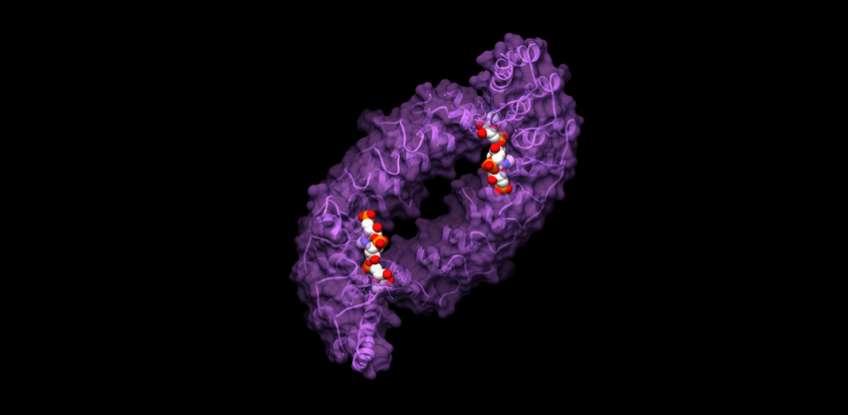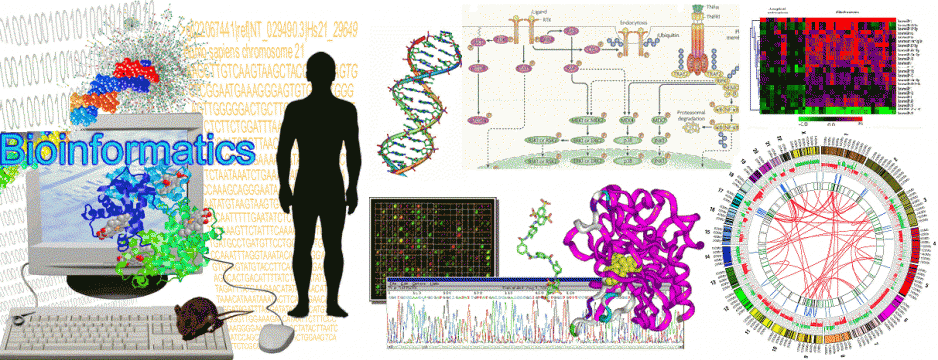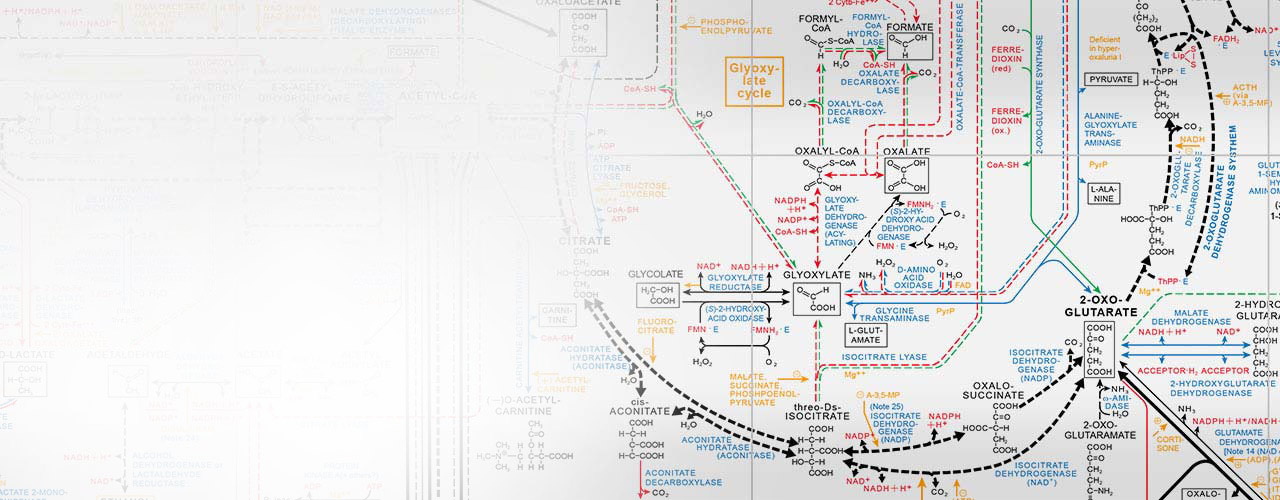- Teacher: Dr. SATABDI ROY
Objective of Course:
This Course will give students a sound and broad background in Applied biochemistry & also will provide students with basic understanding and application of computational Science.
Learning Outcomes:
On completion of the course the student will be able to:
CO1-Know the basic principles of the main biochemical methodologies used in the separation, identification, characterization and analysis of biomolecules.
CO2-Apply that basic understanding to the study of specific and more advanced topics in pure or applied life science disciplines
CO3-Design or evaluate experimental protocols used in biochemical research.
CO4 – Design potential lead molecules against any disease that may be explored further as a potential candidate for the drug development.
CO5 - Analyse biological data through programs.
CO6 - Understand how substrate concentration affects enzyme kinetics.

- Teacher: VARALAKSHMI V
The course aims to enable good English language skills among learners for success in their professional and personal lives. The course along with literature components has essential writing skills components that aims to prepare students for higher prospects in their academic endeavors. Keeping in view the real life and contextual aspects of language and career progress, task-based syllabus with a learner- centric approach has been designed.

- Teacher: Dr. MAITHRY SHINDE
Drug
designing helps us to understand the history as well as various processes
followed for finding the correct drug target. Identification of drug target and
its validation plays a vital role in drug discovery.

- Teacher: Dr. SRINATH NAGANATHAN
Bioinformatics
is a very important tool which helps us understand the DNA, RNA and Protein
sequences in detail. Biostatistics is required as a tool for a
stable and efficient research with mathematical correlation as well as to judge
the biological samples when collected in random sampling manner.

- Teacher: Dr. SRINATH NAGANATHAN
Scope & objective of Course :
This course aims at understanding the essential metabolic functions of the human organism as well as and the molecular & biochemical basis of human diseases through analysis , the mechanisms of production, consumption and storage of energy, intermediary metabolism of main biomolecules and its regulatory mechanisms.
Learning Outcomes:
On completion of the course the student will be able to do the following:
CO1. Demonstrate an understanding of the metabolic pathways - the energy-yielding and energy requiring
reactions in life.
CO2. Demonstrate an understanding of the diversity of metabolic regulation, and how this is specifically
achieved in different cells.
CO3. Correlate the metabolic activity of tissues and organs with their function.
CO4. Understand and apply scientific reasoning in the chemical sciences
CO5. Describe and appreciate the modern techniques utilized in understanding the key mechanistic steps at
atomic-level detail.
CO6. Describe how these biochemical processes are not isolated but tightly integrated, with specific control
sites and key junctions.
CO7. List stages in the catabolism of food molecules and describe what occurs during each stage.
CO8. Be able to communicate scientific information effectively in writing.

- Teacher: Dr. PRATHYUSHA YAMARTHI